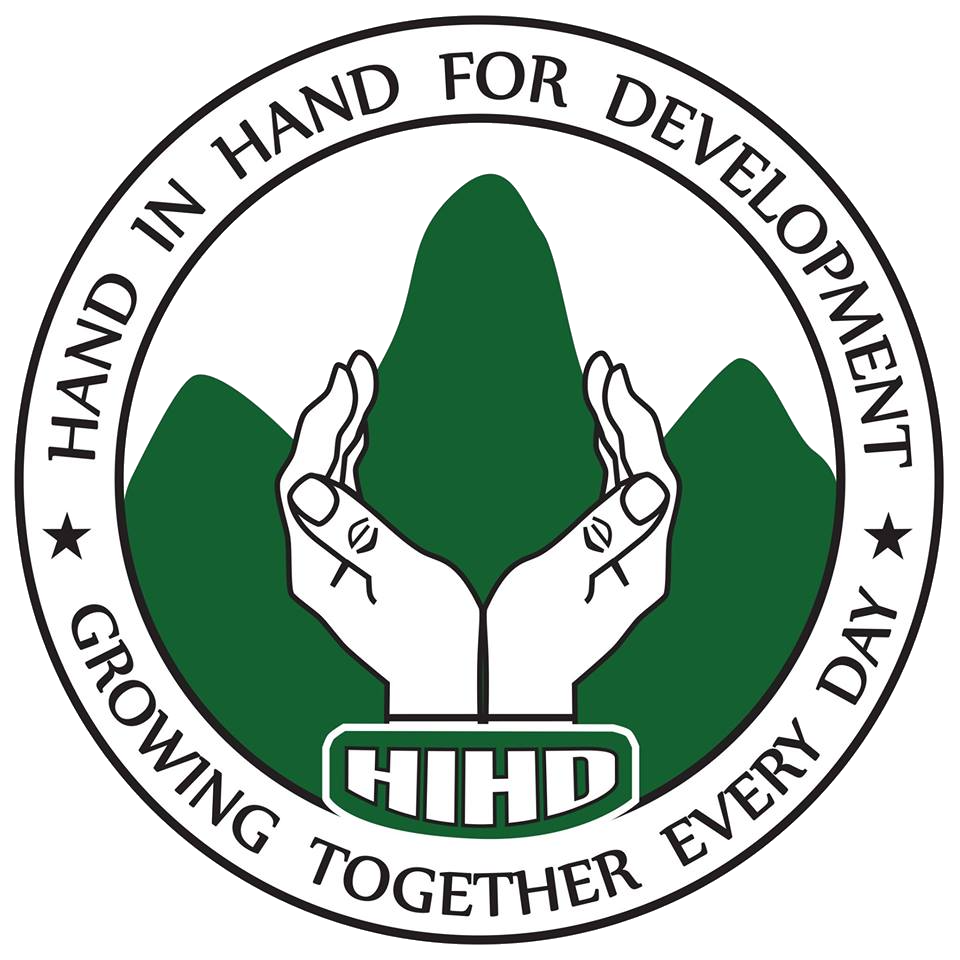Access to clean water, proper sanitation, and hygiene (WASH) is fundamental to human health and dignity. In many parts of Rwanda, however, these basic necessities are still lacking, leading to preventable diseases and poor health outcomes. At Hand in Hand for Development (HIHD), we are committed to improving the health and wellbeing of vulnerable communities through our WASH programs. This blog post explores the impact of these programs and how they are transforming lives.
The WASH Challenge in Rwanda: A Closer Look In Rwanda, inadequate access to clean water and sanitation remains a significant challenge, particularly in rural areas. Many communities rely on contaminated water sources, and proper sanitation facilities are scarce. This situation leads to the spread of waterborne diseases, such as cholera and diarrhea, which are major causes of illness and death, especially among children. Poor hygiene practices further exacerbate the problem, contributing to malnutrition and other health issues.
HIHD’s WASH Initiatives: Bringing Clean Water and Sanitation to Communities At HIHD, we believe that every individual deserves access to clean water and sanitation. Our WASH programs are designed to address the specific needs of the communities we serve, focusing on improving access to clean water, building sanitation facilities, and promoting good hygiene practices.
One of our flagship projects is the “Clean Water for All” initiative, which involves the construction of boreholes and water tanks in underserved communities. Since its inception, this project has provided clean drinking water to thousands of people, significantly reducing the incidence of waterborne diseases. “Having access to clean water has changed our lives. Our children are healthier, and we no longer have to walk long distances to fetch water,” says a mother from one of the beneficiary communities.
Sanitation and Hygiene: Beyond Clean Water While access to clean water is crucial, proper sanitation and hygiene are equally important. HIHD’s WASH programs include the construction of latrines and handwashing stations in schools, health centers, and public spaces. These facilities are accompanied by hygiene education campaigns that teach community members about the importance of handwashing, safe water storage, and proper waste disposal.
Our hygiene promotion activities have led to a marked improvement in community health. In schools where our programs have been implemented, there has been a noticeable reduction in absenteeism due to illness. “The hygiene education we received has made a big difference. Our students are healthier, and they are more aware of how to protect themselves from diseases,” says a school headmaster.
Sustainable Impact: Training and Community Engagement Sustainability is at

